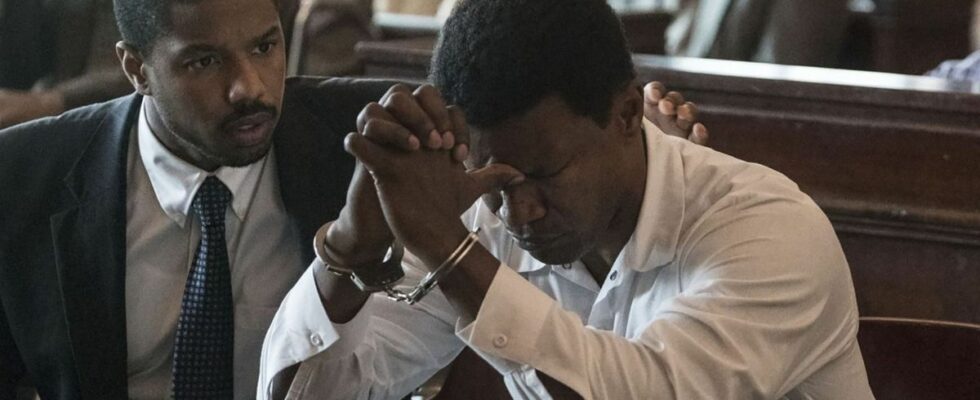Published on
updated on
Reading 2 min.
There are films and series that change your outlook on life. A study looked at the impact of the film “The Path of Justice” by Destin Daniel Cretton to draw surprising conclusions. Conducted by a team of psychologists at Stanford University, this research reveals that films and other dramatic documentaries can make people more empathetic towards people who are stigmatized in society.
At a time when mental health is a hot topic, watching dramatic documentaries can be helpful. If superhero films can awaken the savior within us, dramatic films have the power to improve our empathy, especially towards stigmatized people. This is demonstrated by a studyled by Jamil Zaki, professor of psychology, and Jennifer Lynn Eberhardt, social psychologist expert in racial bias and unconscious bias from Stanford University, in the United States.
Published in the scientific journal Proceedings of the National Academy of Sciences (PNAS), the study examined how Destin Daniel Cretton’s drama film “The Path of Justice” influenced viewers’ perceptions.
Carried by Michael B. Jordan and Jamie Foxx, the feature film tells the true story of Bryan Stevenson, played by the “Creed” actor. Then a young lawyer, the latter decides to fight to free Walter McMillian, a black man unjustly sentenced to death in Alabama, played by the actor of “Ray”.
To measure the film’s impact, researchers asked participants to watch 1- to 3-minute videos featuring men who had actually been incarcerated, before and after watching “The Path of Justice.” The participants then had to evaluate the emotions of the men present in the videos. These results were subsequently compared to the true feelings expressed by these men.
The results are unequivocal. Participants were more empathetic with former inmates and more likely to support criminal justice reform. Concretely, those who watched “The Path to Justice were 7.66% more likely to sign a petition in favor of restoring the right to vote for people with a criminal record.
“One of the hardest things for stigmatized groups of people, including formerly incarcerated people, is that other Americans do not perceive their experiences very accurately“said Jamil Zaki, lead author of the study.”One way to combat this lack of empathy towards stigmatized groups of people is to get to know them. This is where the media comes in, which psychologists have long used as a means of intervention“.
Jennifer Eberhardt emphasizes that stories have a power that statistics do not have. “Storytelling touches people in ways numbers can’t,” she explains. A previous study showed that presenting statistics on racial disparities could sometimes have the opposite effect, reinforcing prejudice rather than alleviating it. Conversely, this study demonstrates that empathetic reactions do not differ not according to the origin or political preferences of the person sharing their story.
The study also found that the film’s impact was independent of viewers’ political orientation. “When people hear detailed personal stories, it opens their minds and hearts to the people telling these stories and the groups they are a part of,” says Jamil Zaki.
By telling human and poignant stories, cinema can play a crucial role in the fight against stigma and prejudice.
